When Do Tampons Expire – How To Tell Before Using Tampons
It’s true that tampons have an expiration date, and you’d probably prefer to avoid any negative effects on your vagina if you use them after that date has passed.
Tampons have a five-year shelf life, but if you don’t store them properly, mold and bacteria can grow and they can become contaminated.
What’s the Shelf Life of Tampons?
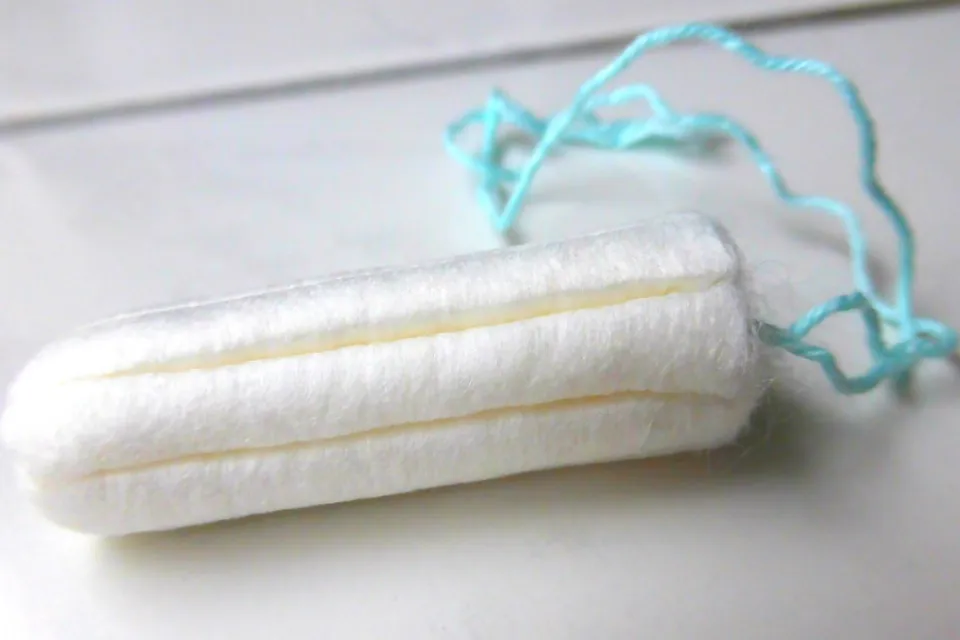
Tampons have a five-year shelf life if they aren’t disturbed and aren’t exposed to too much moisture while still in the packaging.
Despite not being packaged and sealed as sterile goods, tampons are a type of sanitary item. This implies that if they are not stored properly, bacteria and mold may develop.
Because cotton is prone to bacteria and mold, it is also thought that organic tampons have a shelf life of around five years.
Even if a tampon appears to be fresh, never use it if you know it is expired. Mold isn’t always obvious, and the applicator might conceal it.
How Can I Make Tampons Last Longer?
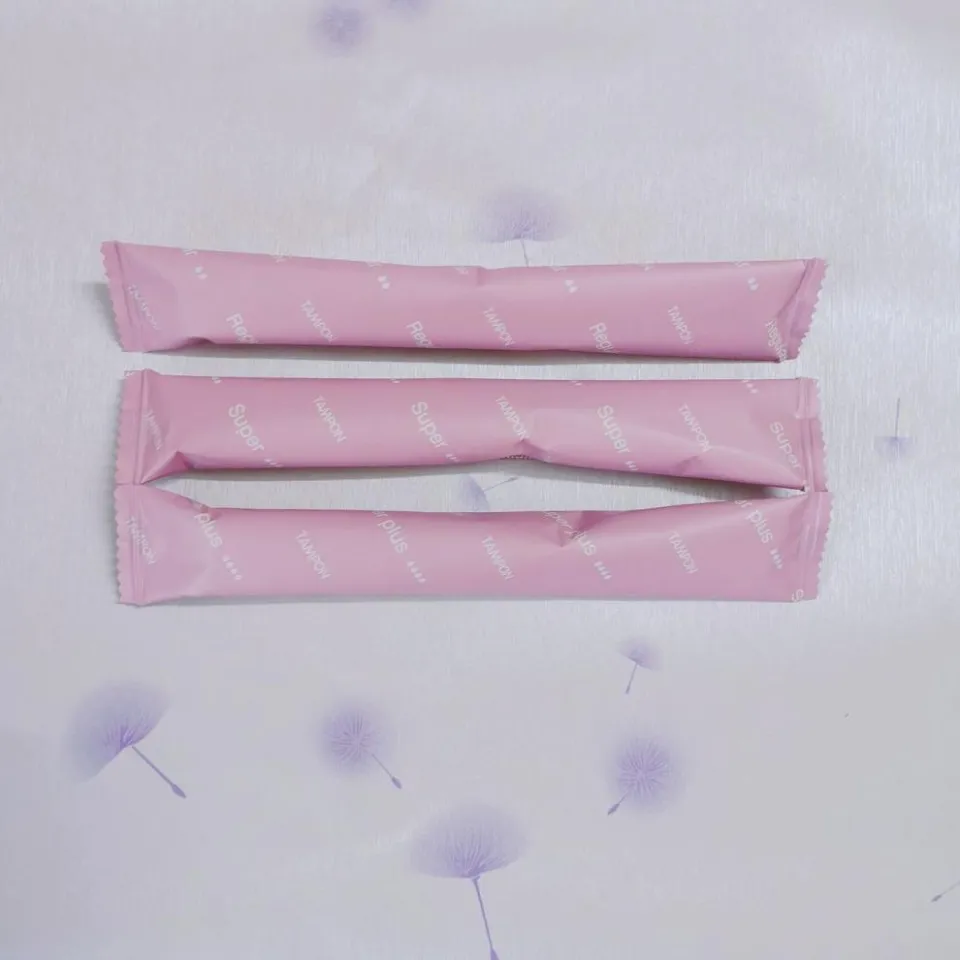
Always keep your tampons in a cabinet in a cool, dry location to be on the safe side. The bathroom is probably the most practical place to store them, but it’s also the most likely place for bacteria to grow.
Your tampons’ shelf life can also be shortened if they come into contact with other foreign bacteria, such as perfume and dust:
- To lessen the chance of contamination, keep them in their original packaging at all times.
- Avoid allowing them to roll around in your bag for days on end, as this can cause the packaging to tear.
How Should You Store Tampons?
Trying to prolong the life of your tampons as much as you can? Youngblood offers some recommendations.
- Tampons should be kept away from the bathroom. Tampons should be kept in a cool, dry location, such as a hallway closet. “When you’re about to start your period, you can move a few of them into a bathroom drawer for easy access when you need them,” Don’t worry, says Youngblood: Over the course of a week, they won’t start to mold.
- Keep a record of the purchase date. If you buy tampons from a brand that doesn’t have an expiration date on the box, write the date of purchase on the box with a marker so you can figure out the five-year expiry for yourself.
- Maintain tampons in their original packaging. You know how you’ll occasionally remove cotton swabs or balls from their packaging and place a number of them in a tiny jar so you can grab one while you’re out and about? Don’t use your tampons that way, I repeat. “They come wrapped in individual sleeves for a reason: to keep them clean, hygienic and safe,” Youngblood says.
- Put that tampon in your purse’s bottom. Tampons can be forgotten in bags, but it’s common to keep a few on hand for leakage emergencies. scuffing up old pennies, lip gloss, and crumbs. They shouldn’t be placed in your vagina because they have a tendency to come loose from their packaging and become soiled.
How to Tell If a Tampon is Expired?
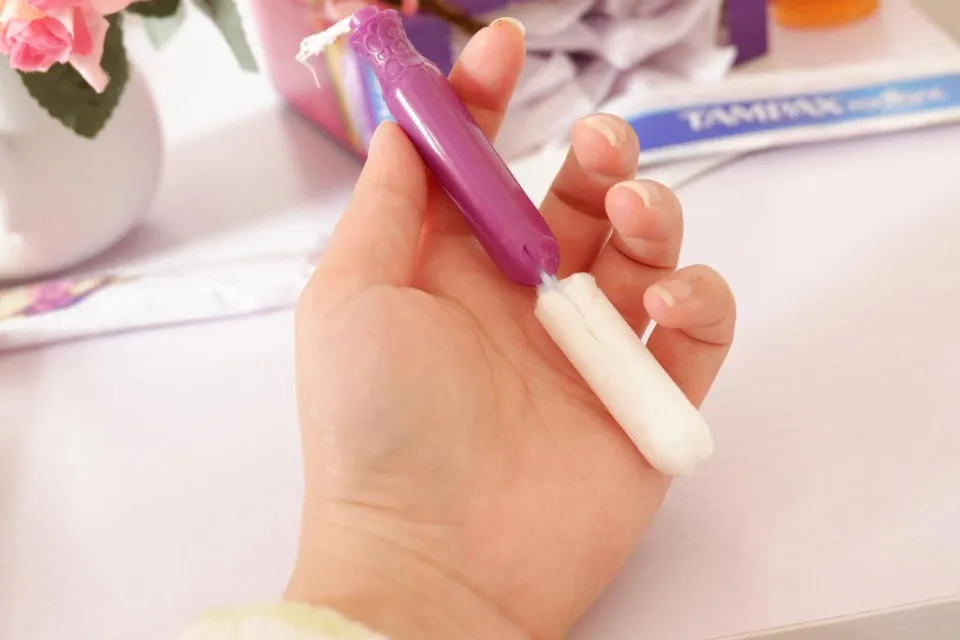
There is usually no clear expiration date on the majority of tampon brands. Carefree states that their tampons don’t have an expiry date and should last for a “long time” if you store them in a dry place.
On every box of Tampax tampons, there is an expiration date. The month and year they will expire, as well as the date of production, are actually shown twice. Tampax eliminates all guesswork, so that’s a benefit.
When a tampon has gone bad, you can’t always rely on the obvious signs. If the seal is broken and dirt or other debris enters the packaging, it will probably only be visibly moldy.
Never use a tampon if you notice:
- Discoloration
- Odor
- Patches of mold
What Can Happen If You Use An Expired Tampon
Itching and an increase in vaginal discharge are two symptoms that can result from using a moldy tampon. As the vagina returns to its normal pH levels following your period, this should, however, resolve itself.
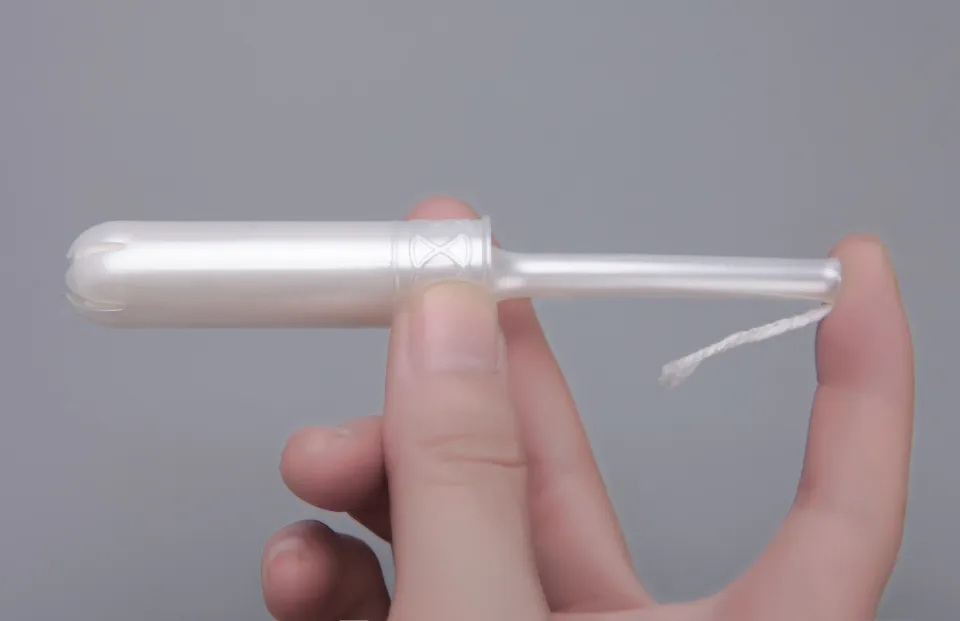
Consult your doctor if your symptoms persist for more than a few days. To treat any potential infection, they might advise taking an antibiotic.
Tampon use can, in rare instances, result in toxic shock syndrome (TSS). This risk is slightly higher when the tampon is left in longer than recommended, is “super absorbent,” or has expired.
Bacterial toxins enter the bloodstream and cause TSS. TSS is a potentially fatal condition that needs urgent medical care.
Seek emergency medical attention if you experience:
- High fever
- Headache
- Body pain
- Diarrhea
- Nausea
- Vomiting
- Dizziness or fainting
- Breathing difficulties
- Confusion
- Rash
- Low blood pressure
- Peeling of the skin
- Seizures
- Organ failure
If TSS is not identified and treated promptly, it can be fatal. To help reduce your risk of TSS:
- Before and after inserting a tampon, wash your hands.
- Use a tampon with the least amount of absorbency suggested for your menstrual flow.
- Tampons should be switched out as directed on the packaging, which is typically every four to eight hours.
- Just one tampon should be inserted at once.
- Use sanitary napkins or other menstrual hygiene products instead of tampons.
- Tampons should only be used if your period is regular. Stop using once your current period is over and wait until your subsequent one.
Do Other Feminine Products Expire?
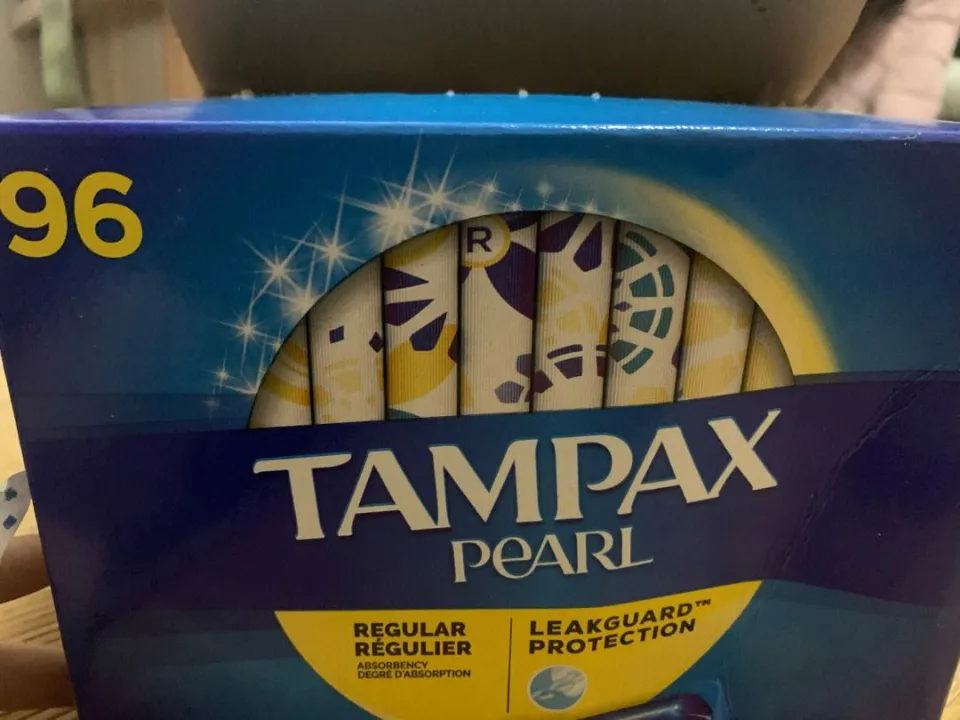
Make sure it’s in good condition before putting anything in or near your vagina. What other period products are there?
- Sanitary pads: Pads have a five-year expiration date, just like tampons do. If they are exposed to damp, moist conditions, they can also develop mold.
- Menstrual cups: “These silicone or rubber cups don’t expire, per se, but they should be replaced every one to two years — sooner, if they start to tear, stretch or otherwise deteriorate,” Youngblood advises.
- Period underwear: As with other undergarments, these absorbent undies are delicate, so you should replace them periodically. However, they don’t have a expiration date.
Conclusion
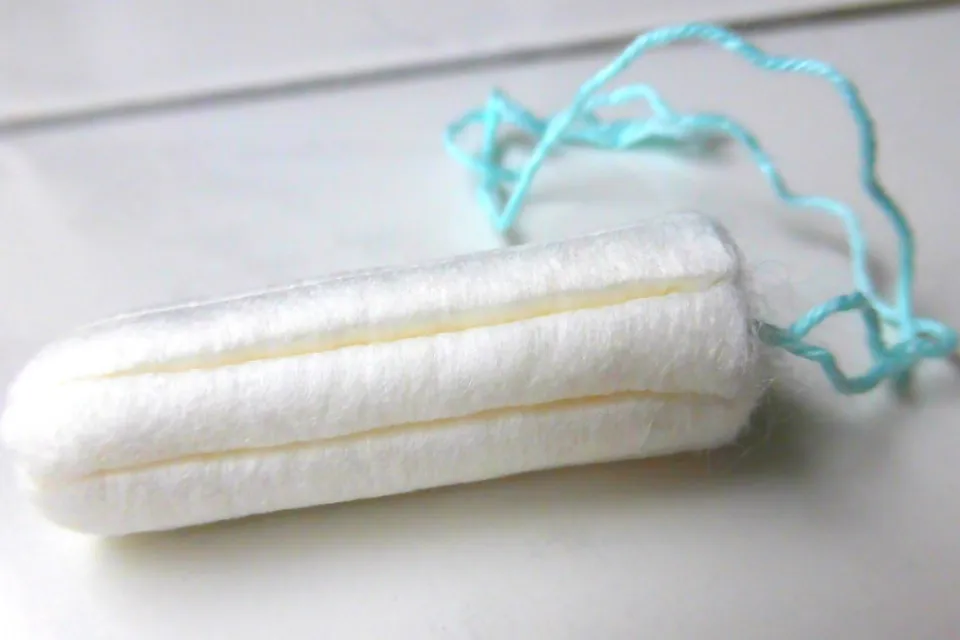
Get in the habit of writing the month and year of purchase on the side of your box of tampons if it doesn’t have an expiration date.
Tampons should be kept dry, and any that have seals that have broken or clearly show mold should be thrown away.
Make an appointment with your doctor if you experience any unsettling or unpleasant symptoms following the use of a tampon.
Although it’s uncommon, TSS can still happen if you use a tampon that’s past its expiration date.
If you suspect you are experiencing any TSS symptoms, get help right away.
FAQs
How Do You Know If a Tampon is Expired?
Just by looking at your tampons, you might not realize that they are no longer effective. The expiration date can be found on the side of your TAMPAX box. There will be two printed dates. Your tampons’ expiration month and year are listed alongside the production date, which is the other.
What Happens If I Use An Expired Tampon?
Inadvertently putting in an out-of-date tampon could result in nothing at all. But it may also result in unfavorable signs and symptoms, such as itchiness. Irritation.
Do Pads and Tampons Expire?
Tampons and pads aren’t perishable, unlike foods or medicines, but they eventually go bad due to being stored in moist areas like bathrooms. This is the main cause of their deterioration.
How Long Do Tampons Last When Used?
Tampons aren’t meant to be used at other times or for other purposes. Every 4 to 8 hours, each tampon should be replaced. Never go longer than 8 hours with a single tampon in place. Apply the tampon with the lowest absorbency possible.


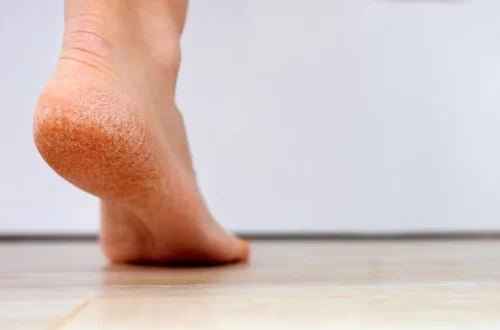


Average Rating